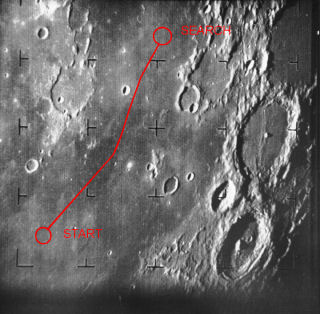|
Lockheed Martin Exploring Program Post 1010 Botball Research Project |
|
|
The Lockheed Martin Exploring Program Botball Team 92 is submitting this report for the 2008 X PRIZE Lunar Rover Botball Design Challenge. We have designed a lunar rover capable of exploring various aspects of the lunar surface.
Our primary objective is to find deposits of helium-3 on
the moon. Indian President Abdul Kalam proposed that the energy that
would be provided by all the helium-3 on the moon would be ten times
more than that of Earth’s fossil fuels [2].
Our goal is to land on the lunar surface then search for and excavate helium-3 isotope located beneath the surface. Objectives also include traveling 500 meters and capturing panoramic high definition video and still images of the lunar surface. Our craft must be able to transmit a “near real time” moon-cast of the collected content back to earth. Our team will only focus on the exploration aspect of the challenge. We will leave the launching and landing of the rover to a separate rocket team.
We will land on the nearside of the moon, where we believe the greatest concentration of helium-3 can be found [1]. The helium-3 on the nearside is located in the vicinity of TiO2, which is detectable through its properties as a photocatalyst. We will direct our search in the Mare Cognitum, a sea close to the
landing site of Apollo 14. We hope that its crater form will allow us to
drive our rover on consistently flat land, which will allow us to
conduct our spiral search pattern without much restriction [3][4].
Essentially, we plan to take existing technology and mission elements to
initiate the exploration of the Lunar seas. Not only will we scout the
area in a 500 meter radius, we will also transmit pictures of the lunar
surface back to Earth. After it moves our 500 meters, our rover will stop at
selected points in our search pattern to drill the lunar surface. Using our
titanium dioxide
(TiO2) detector, the rover can scan the drilled holes for
helium-3 and report back to Earth. Eventually, this helium-3 can be
harvested as an alternative fuel source for mankind.
|
|
 Where
We Will Look
Where
We Will Look